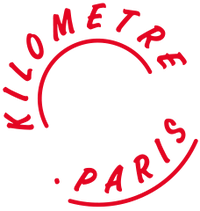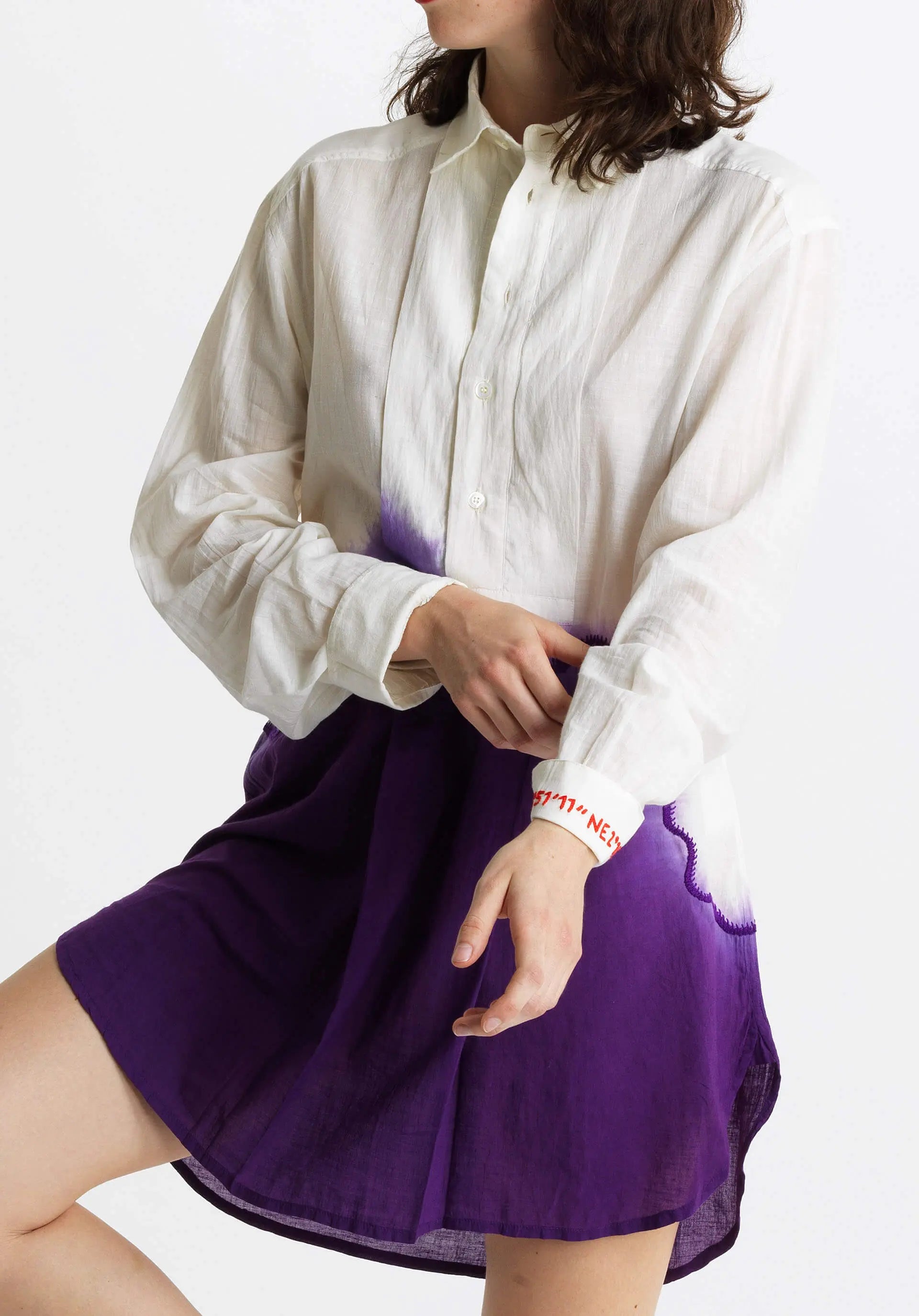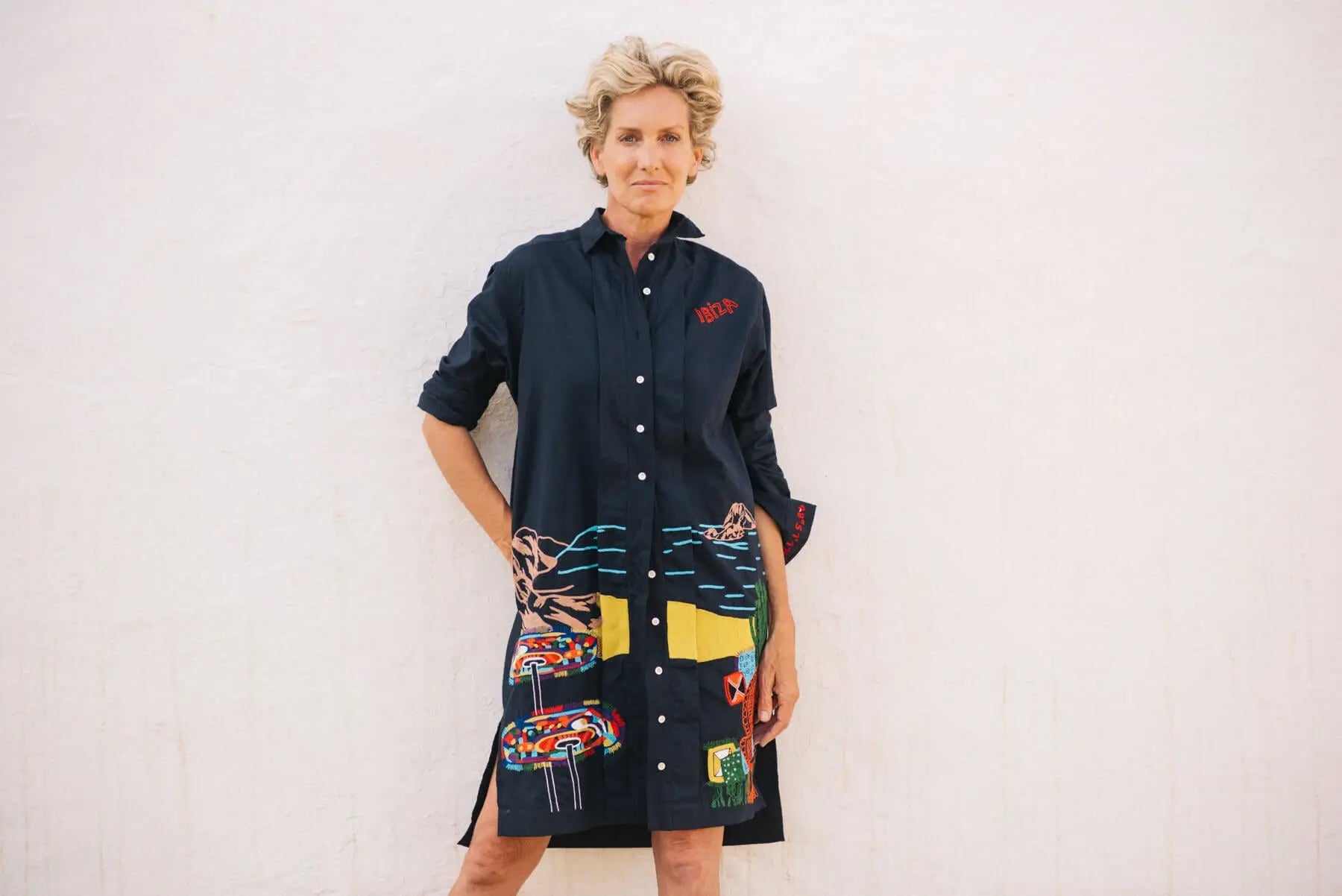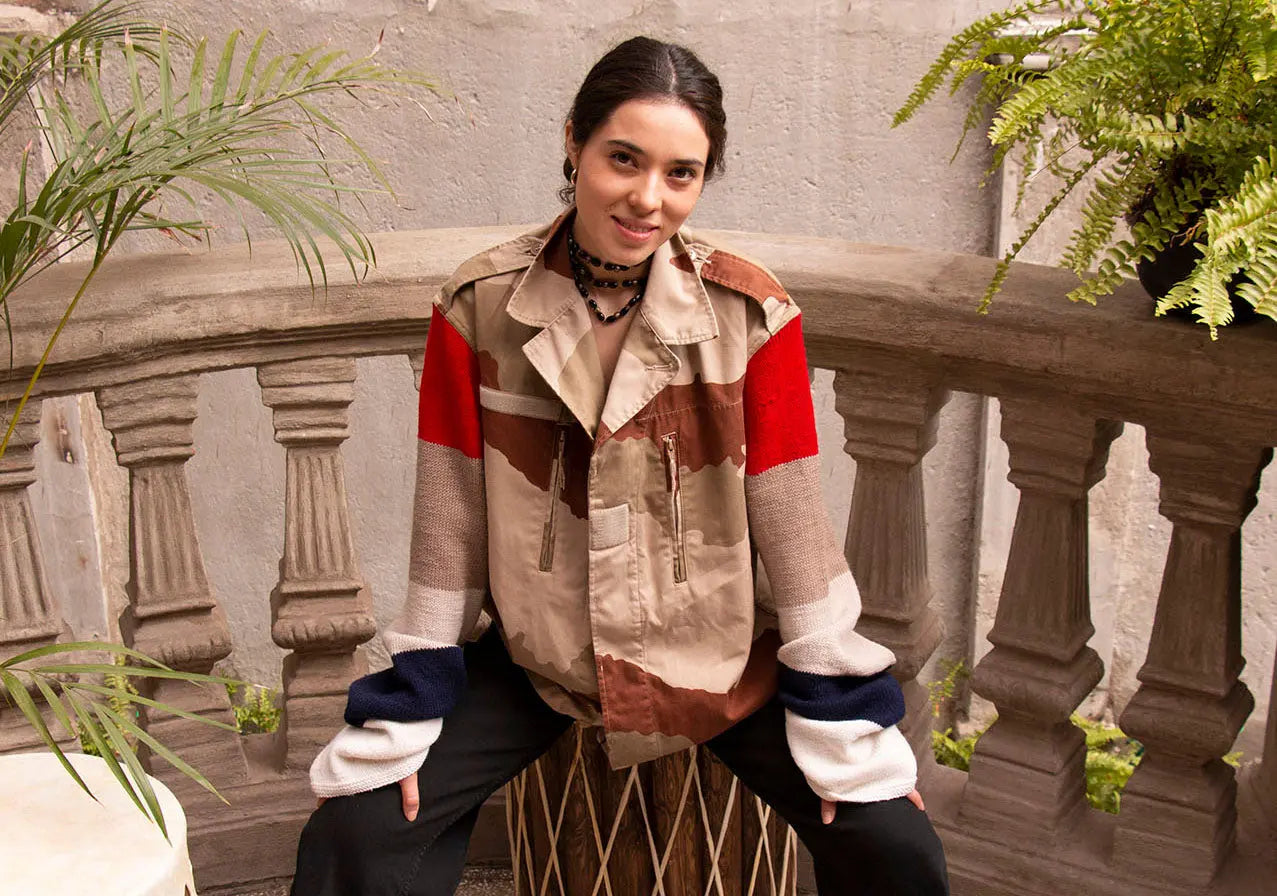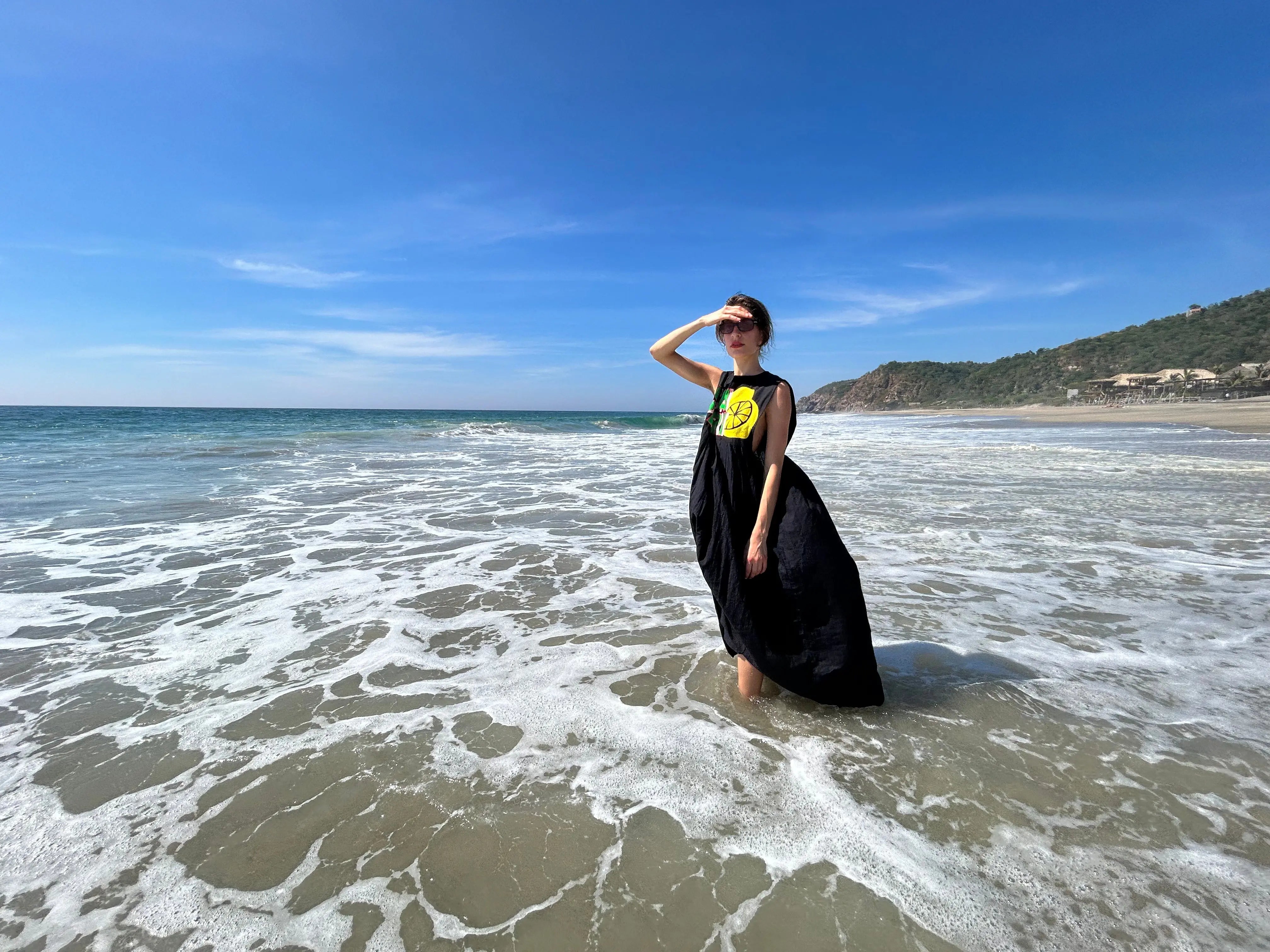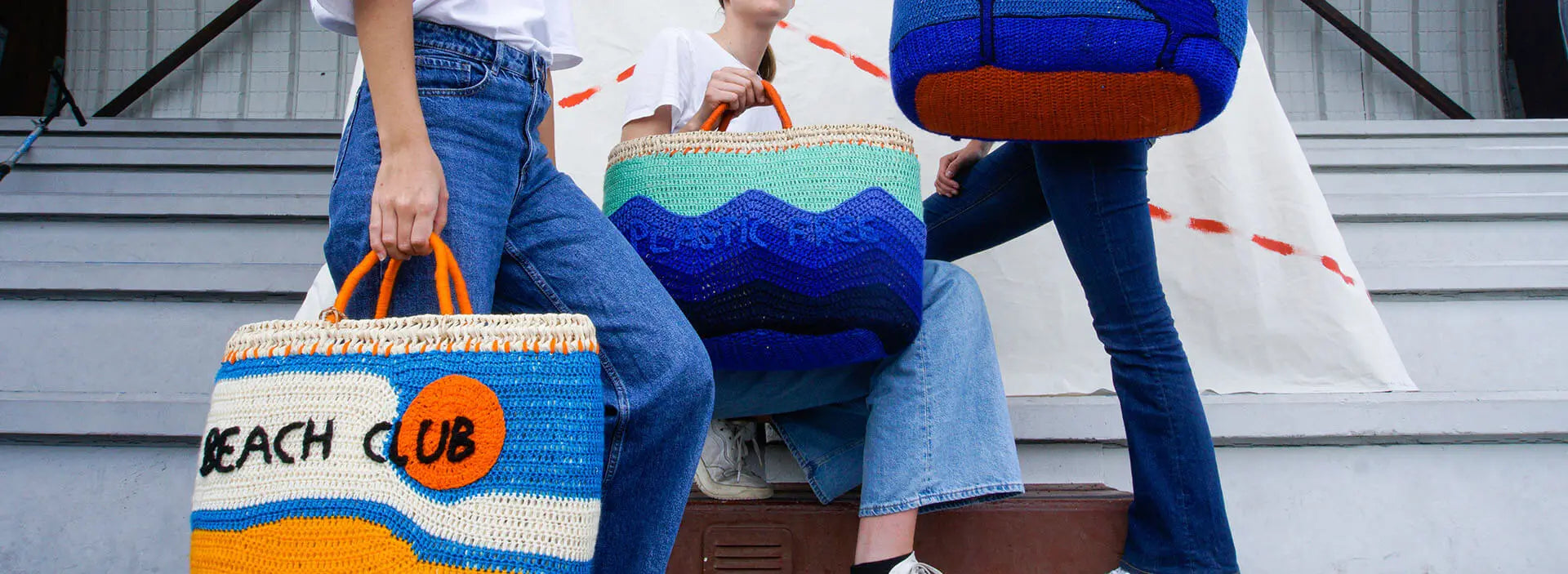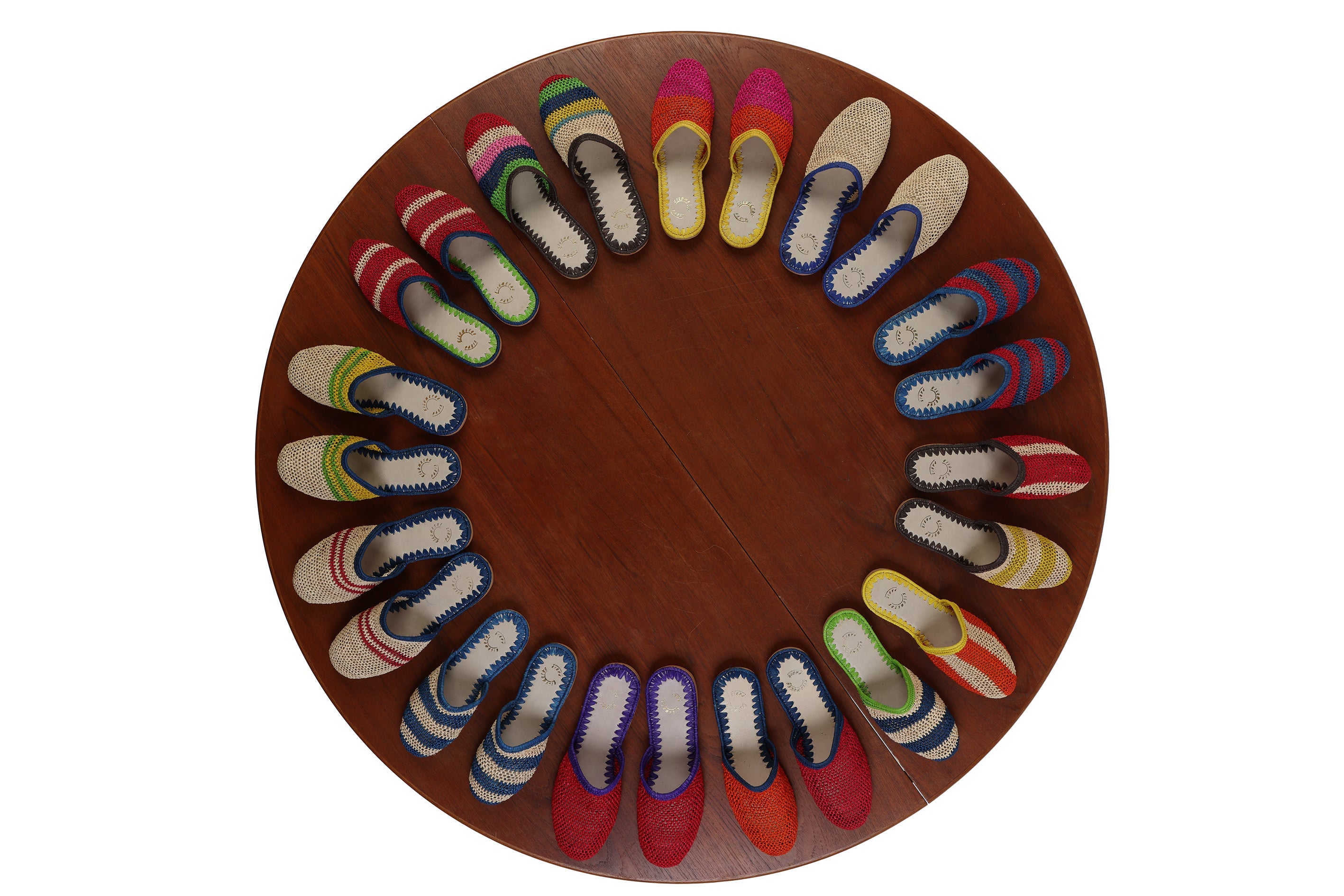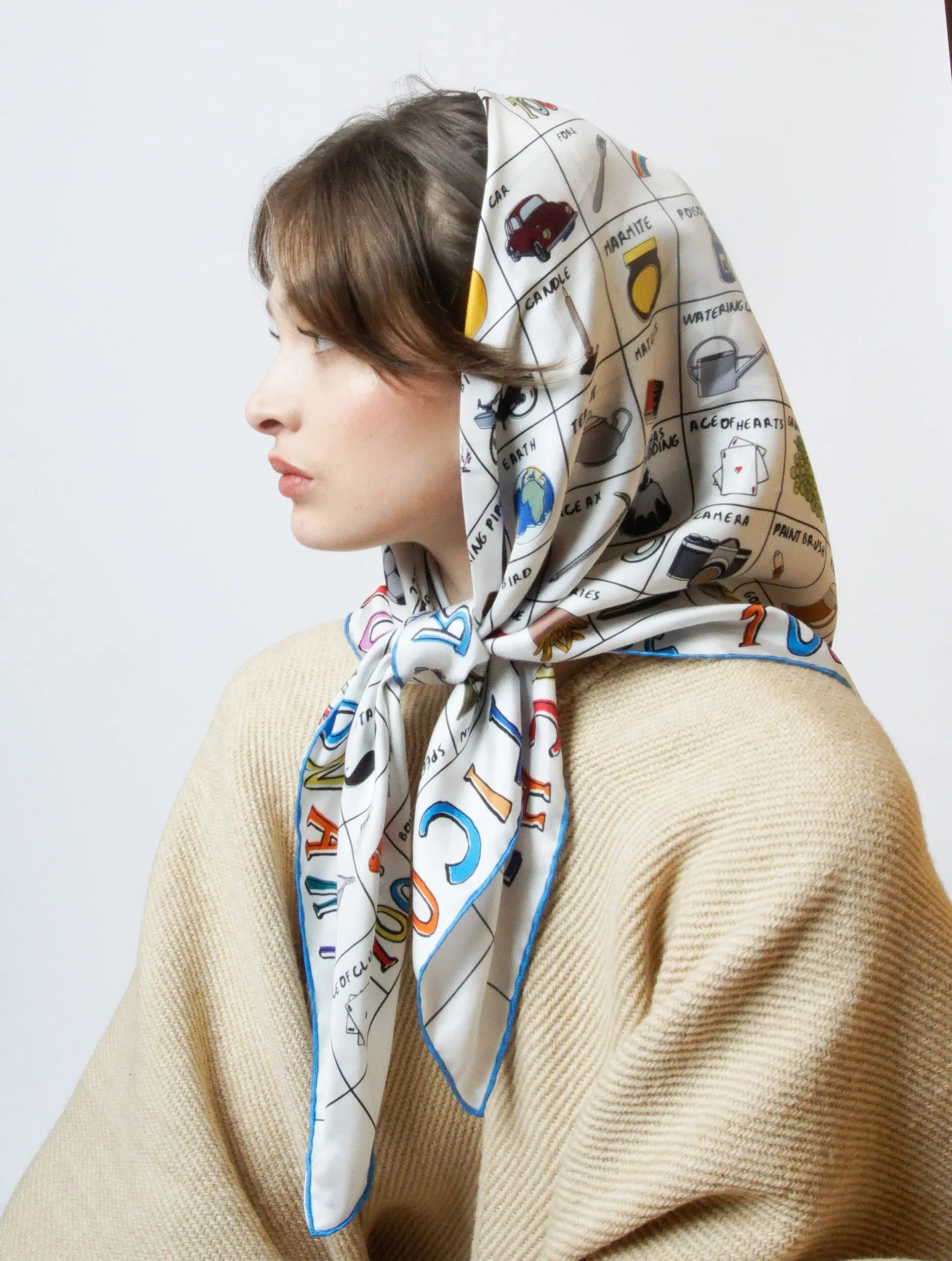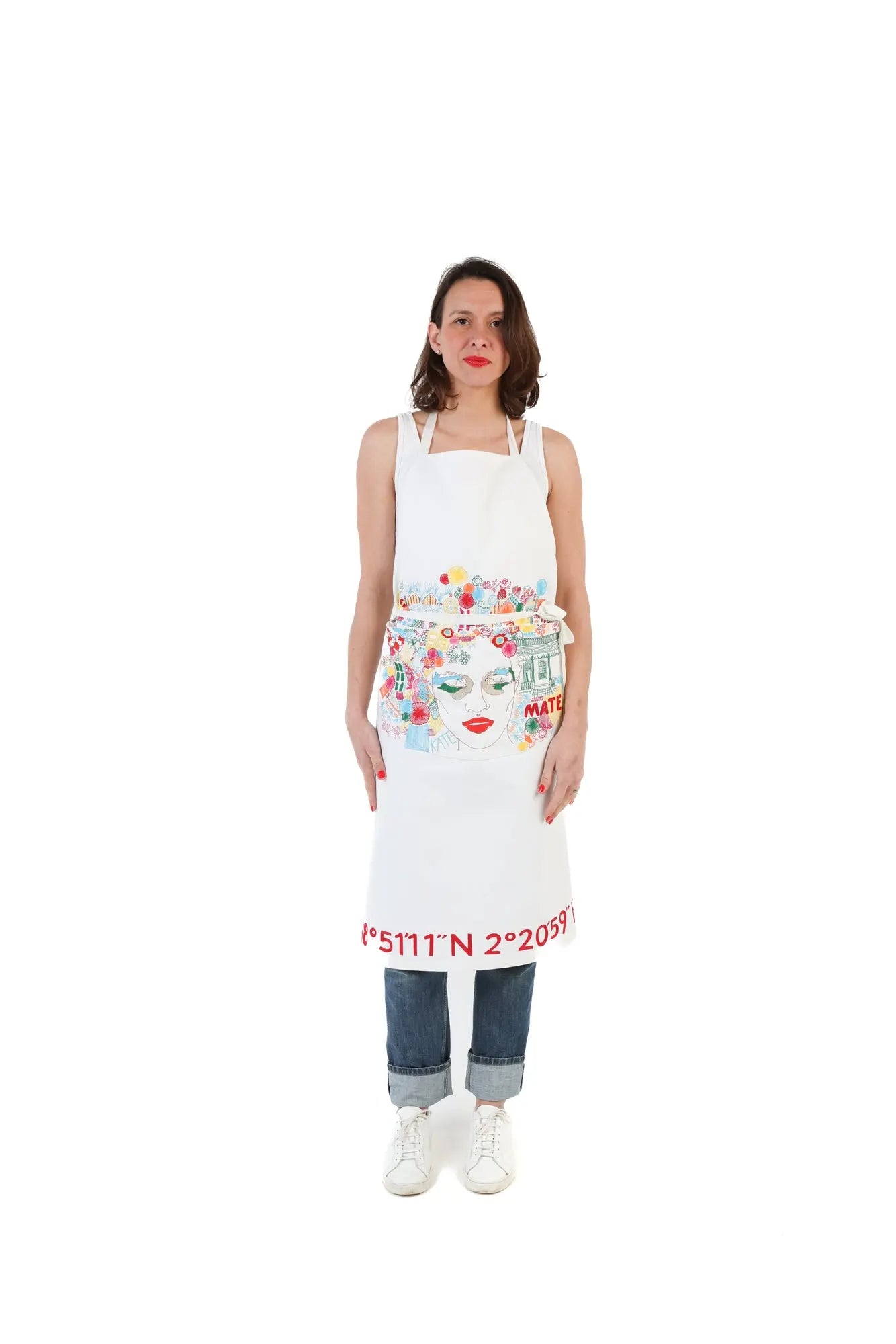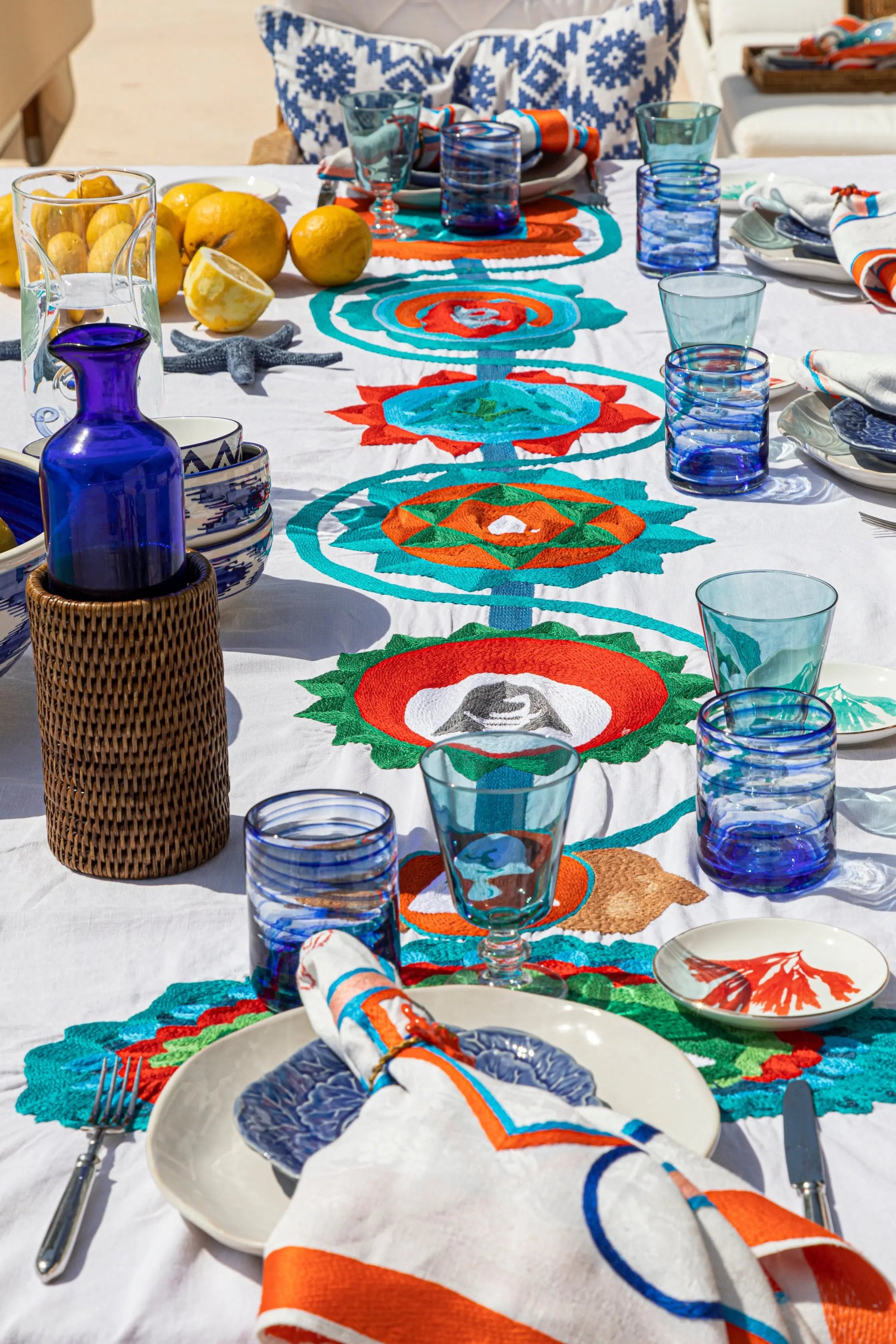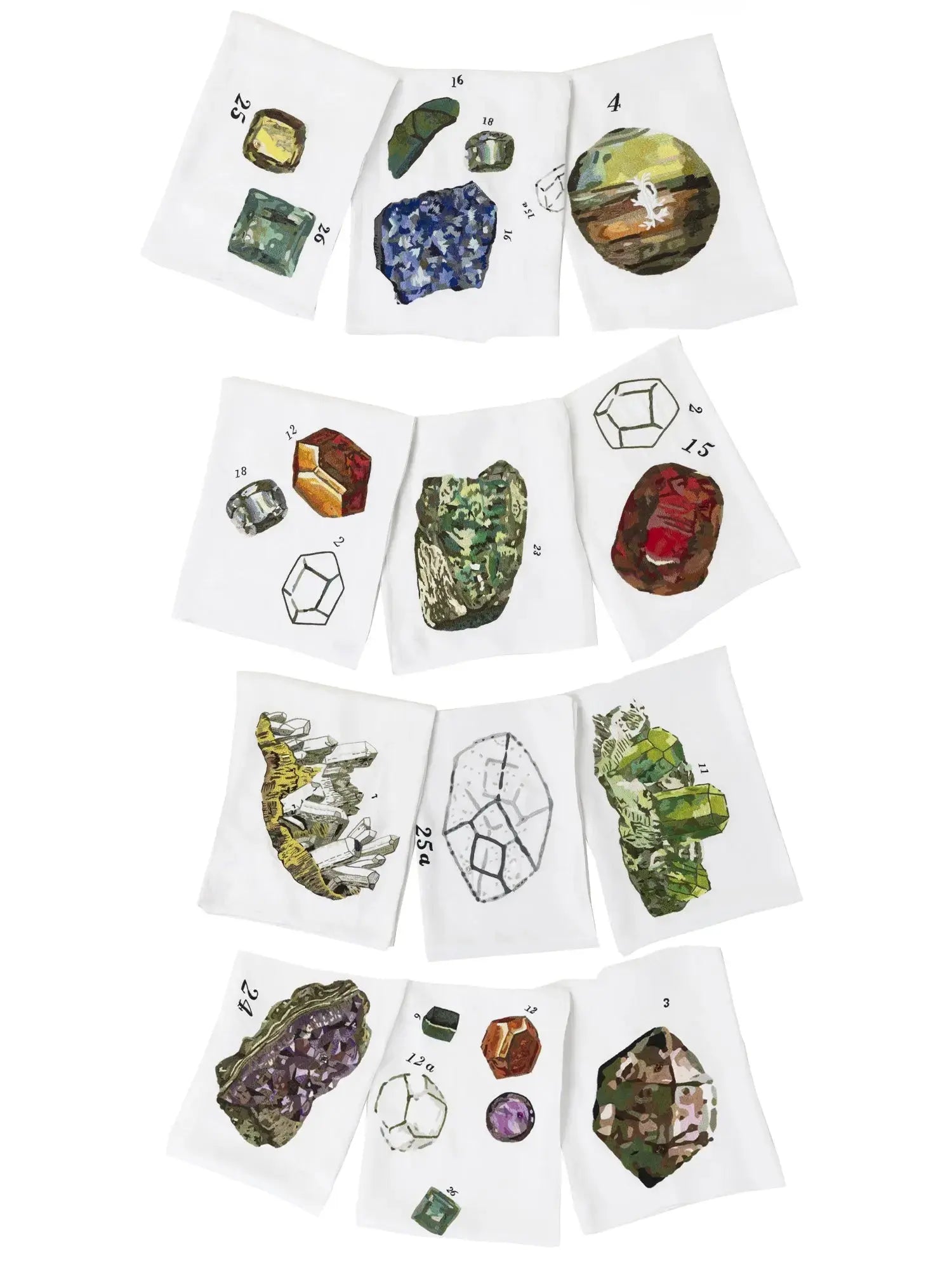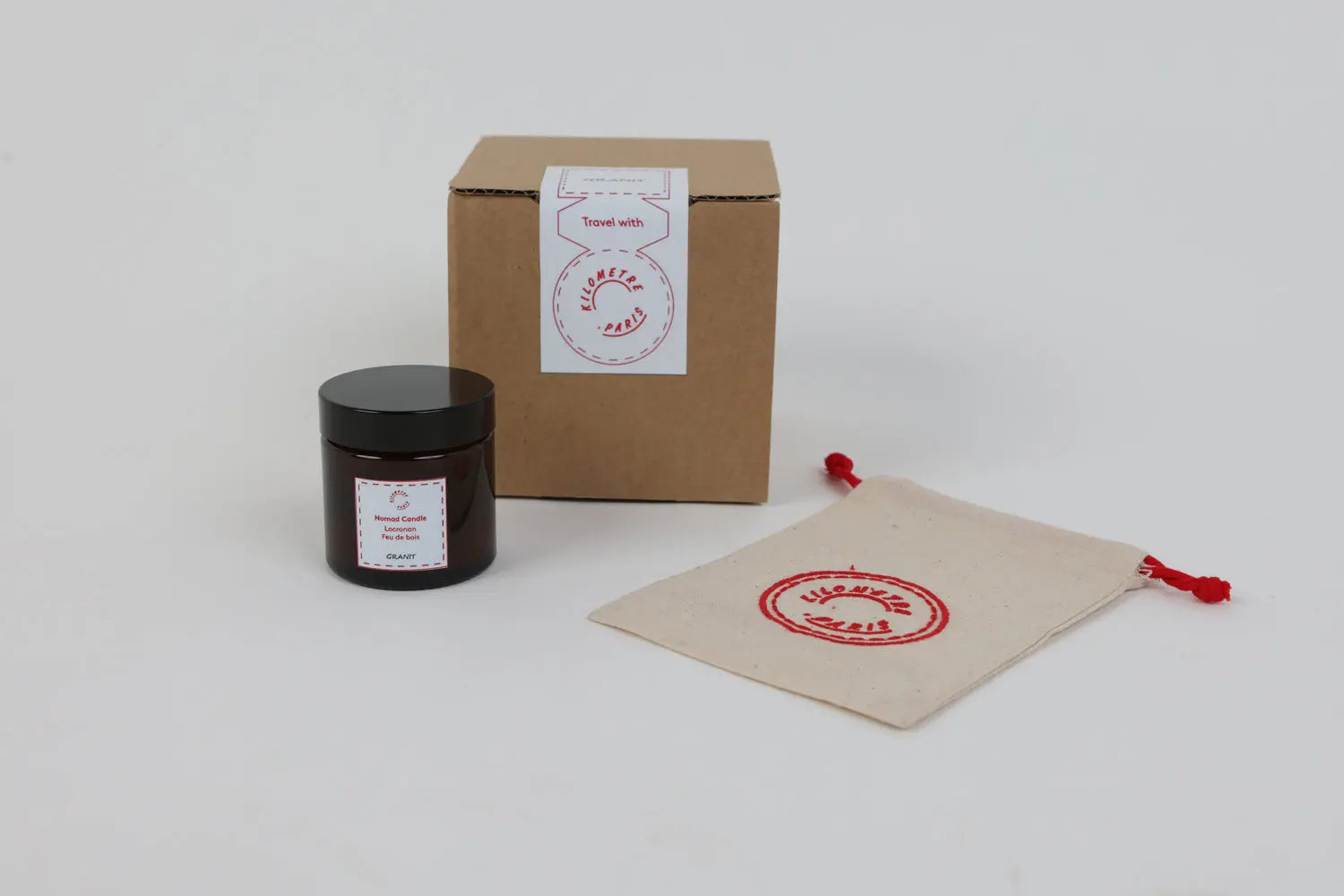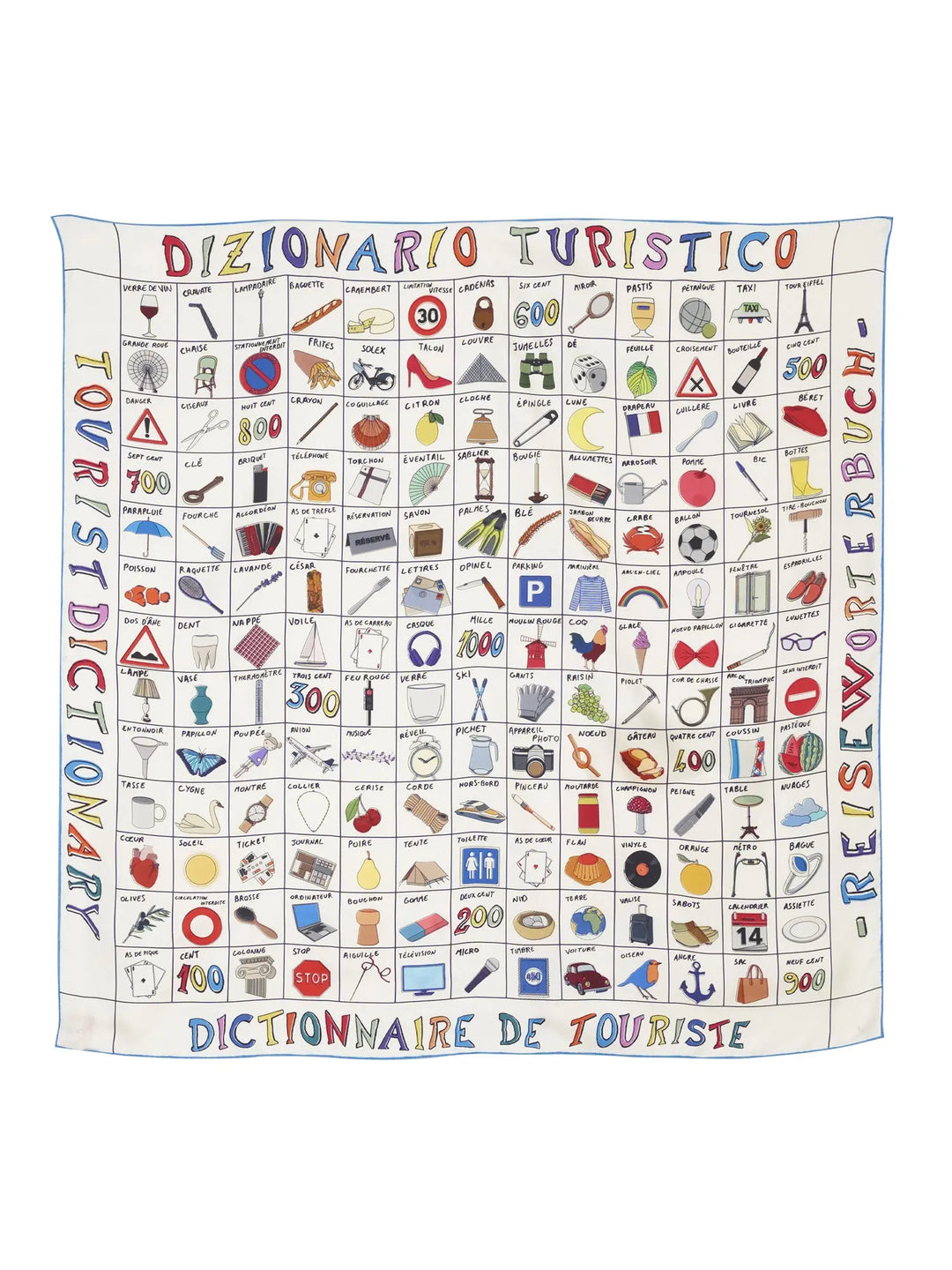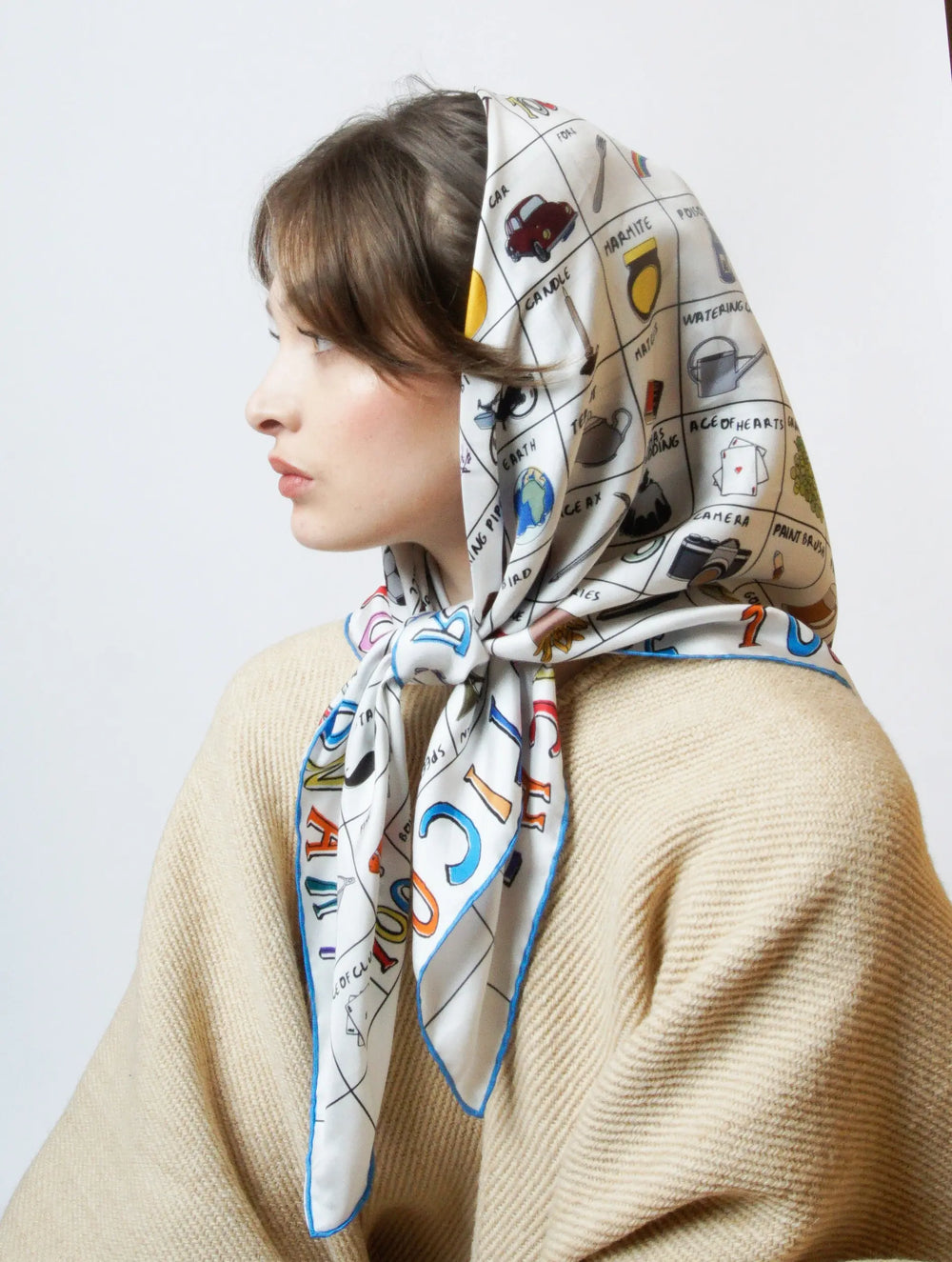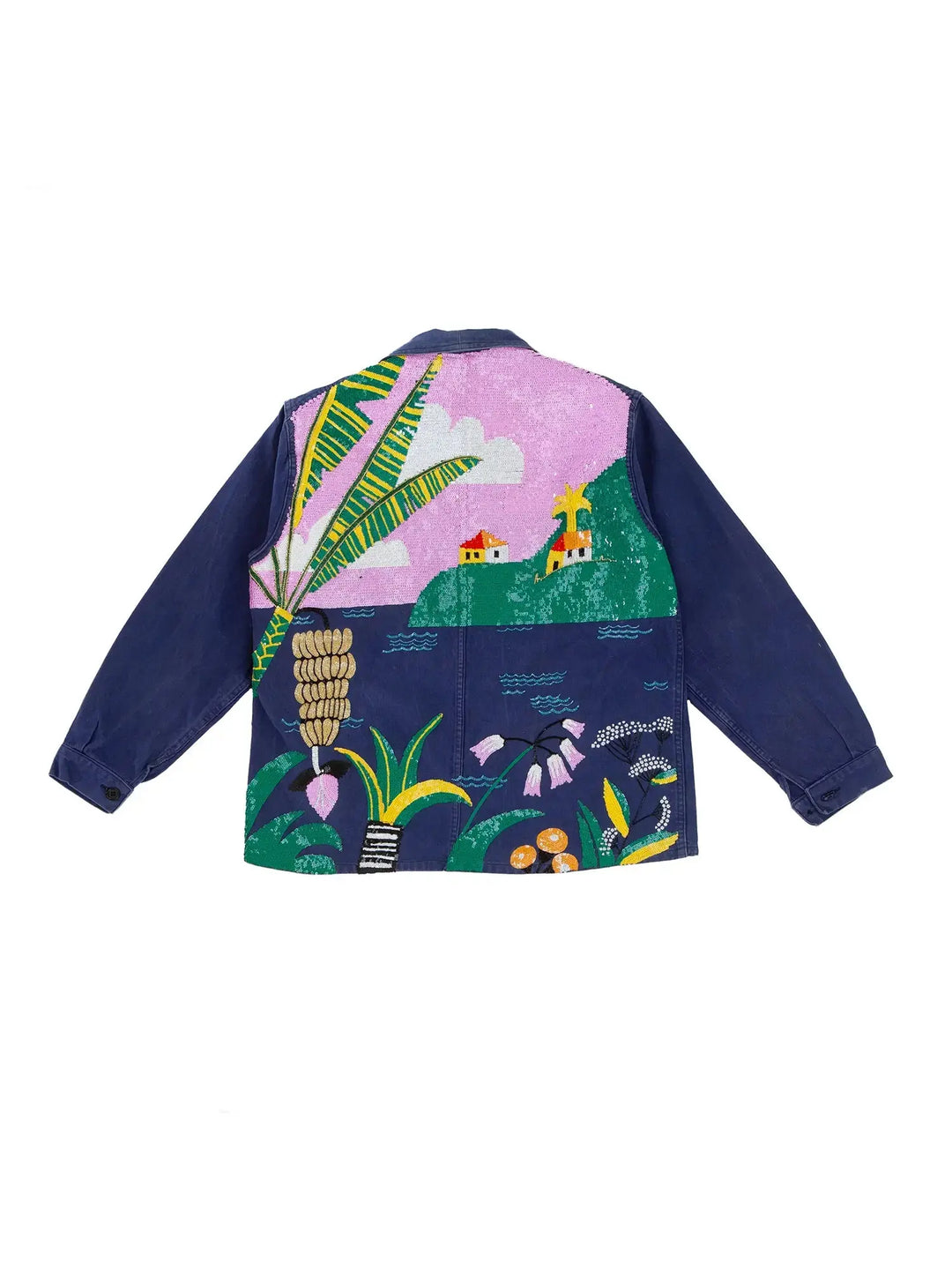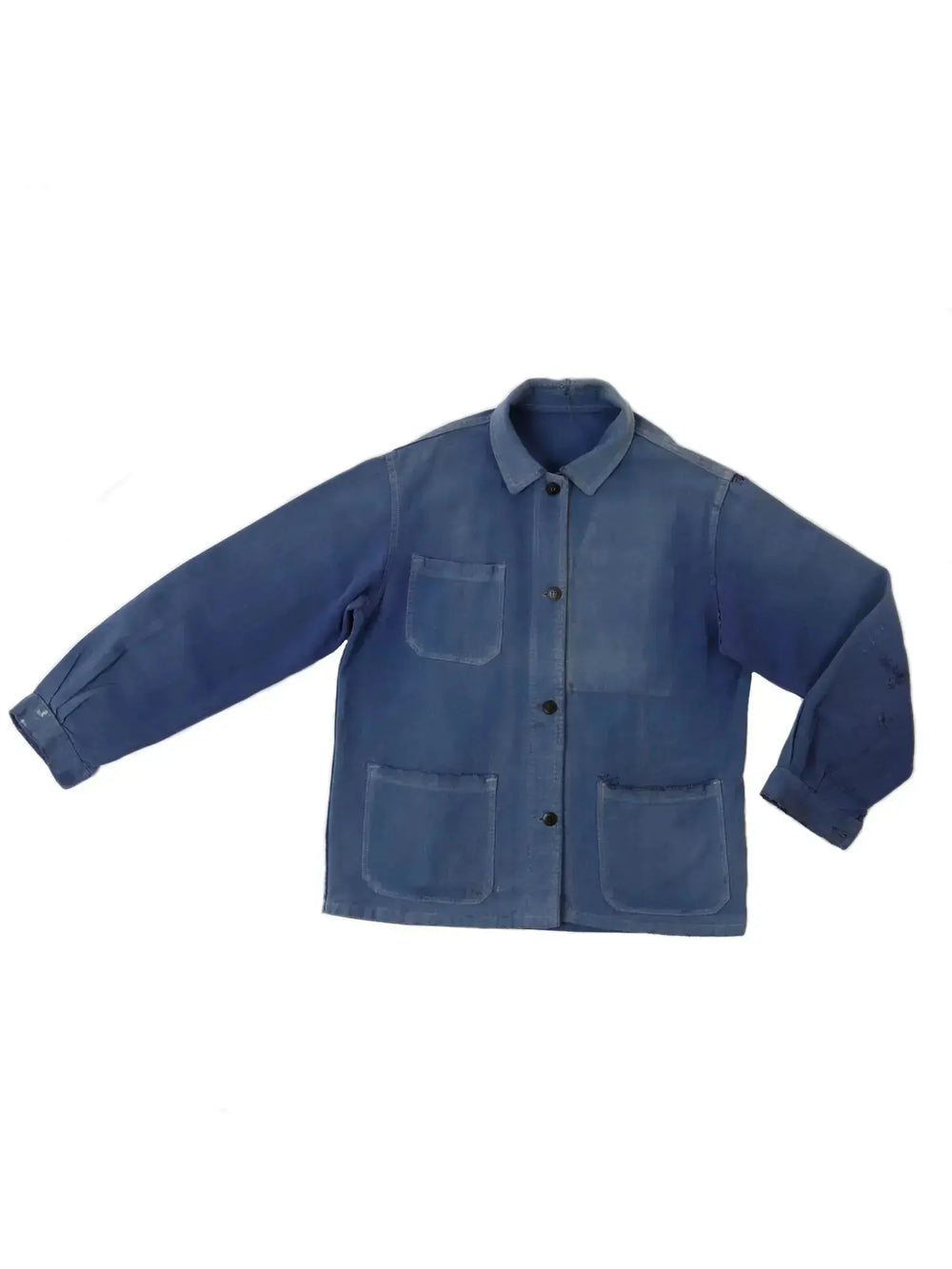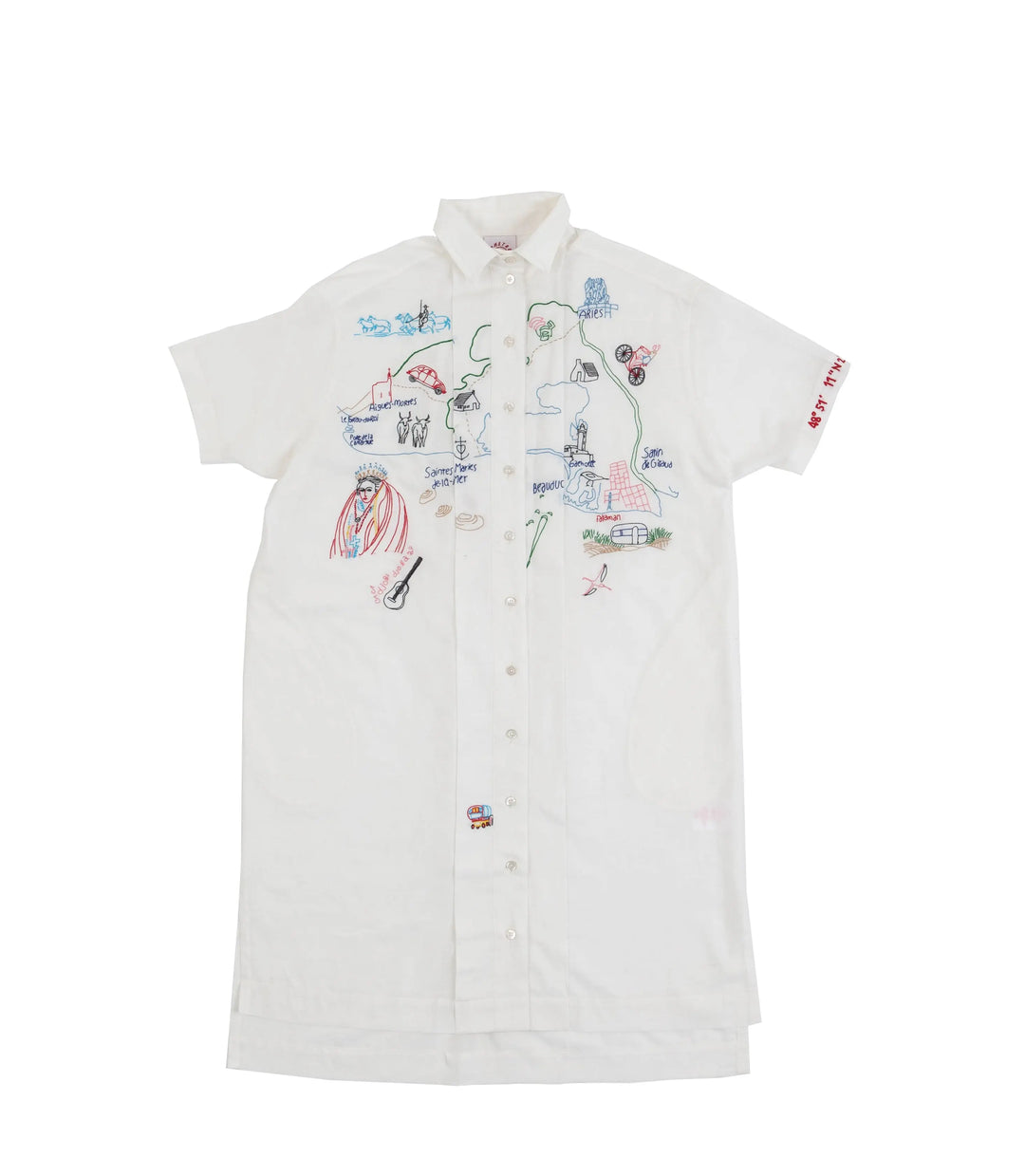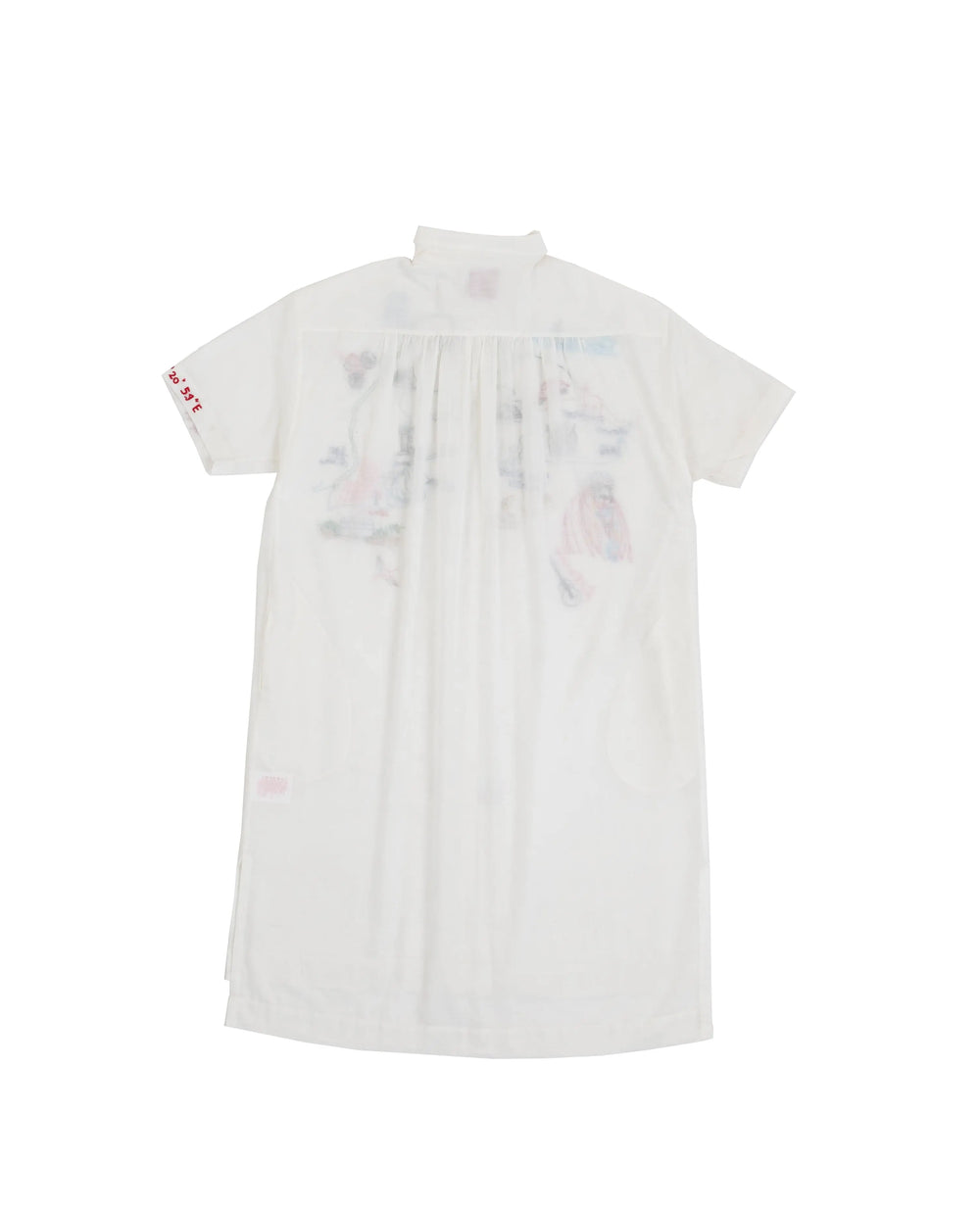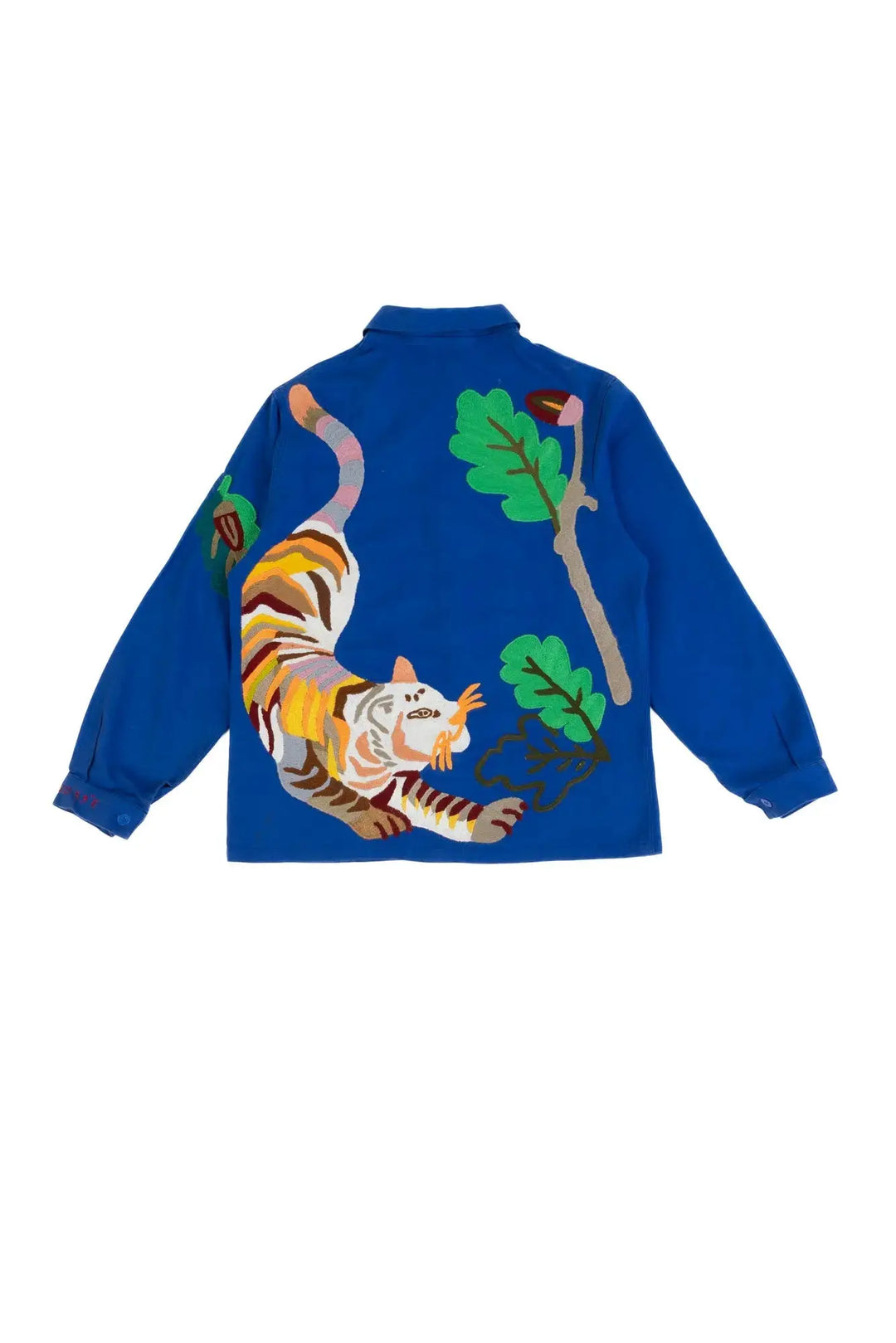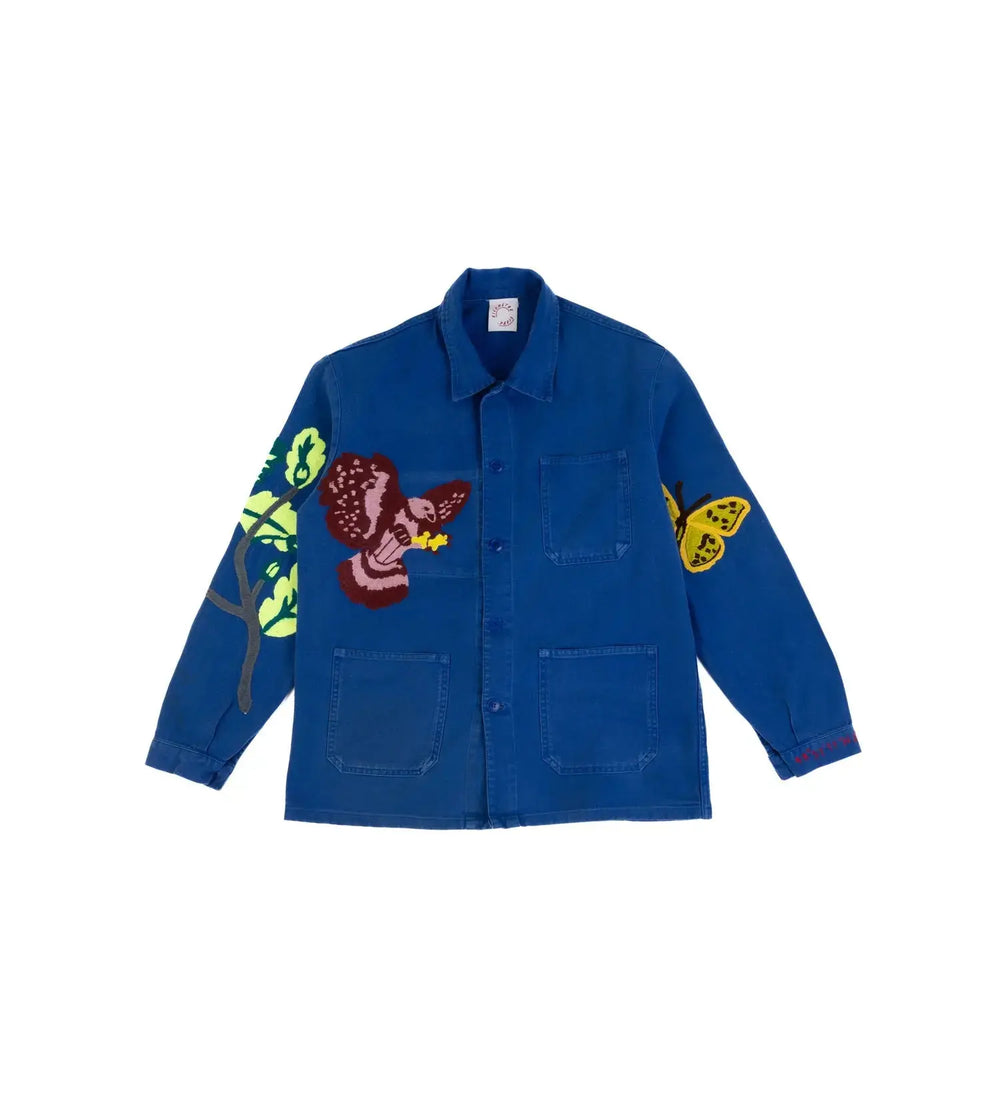María Solivellas
We at Kilometre Paris would like to present our muse: María Solivellas.
She doesn’t do speed‐tourism. She believes in staying, in lingering, in tasting twice
and looking longer, that’s how she learns a place, how she lives.
María is chef and co‐owner of Ca Na Toneta, tucked in Caimari at the foot of the
Serra de Tramuntana. But this isn’t just a restaurant; it’s a casa de comidas, a place
built on restoration of appetite, memory, story. For 28 years, she and her sisters have
been feeding more than dishes, they nourish culture, history, the island’s soul.
Her food doesn’t chase fads. It's rooted, local, seasonal, honest, growing from their
garden and Mallorcan traditions.
No machines. No shortcuts. Just hands shaping earth and flavor.
Ca Na Toneta is a must for food lovers, a kind of culinary Septime of Mallorca. It
earned a Michelin Green Star for sustainability, and a Bib Gourmand for value and
quality . Food critics call it a "gastronomic icon" , and diners from TheFork and Yelp
describe it as “the best food I have had in Mallorca”
In 2021, María spoke at Madrid Fusión, reflecting her role as a steward of
place-based cuisine.
She's also a founder of Slow Food in the Balearics, fighting to revive local produce
and forgotten ingredients, ramallet tomatoes, Tap de Cortí paprika, black carrots,
Mallorcan black pig.
Spend a day with María, and yes, she’ll feed you beautifully. Then she’ll lead you into
the hills, olive terraces, generations-old farmland, hidden paths that seem to
breathe. If you’re quiet enough, she might take you to a secret cove where the
island still whispers its secrets.
Give her three months of freedom, and she’d go to Paris, a city she admires for its
layered rituals, daily theater, and the way it sustains creativity.
For María, craftsmanship isn’t decoration, it’s foundation. Gardeners, artisans, cooks:
they are culture’s backbone, each creation carrying the weight of care, tradition,
humanity.
She never chases fame; she radiates presence. In the hush of a terrace, or the
harmony of a dish, she says everything with precision.
María Solivella doesn’t broadcast, she cultivates warmth.

